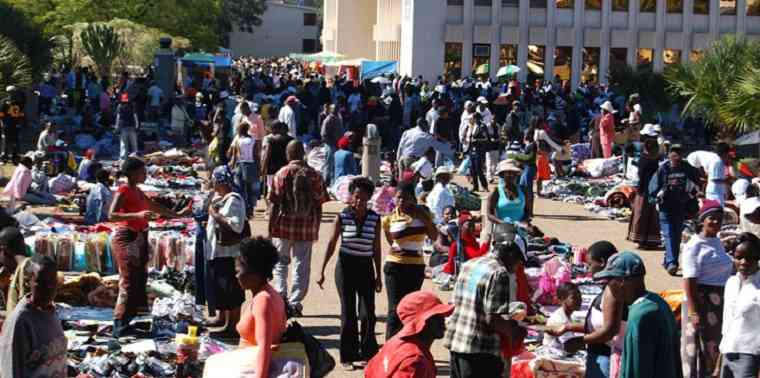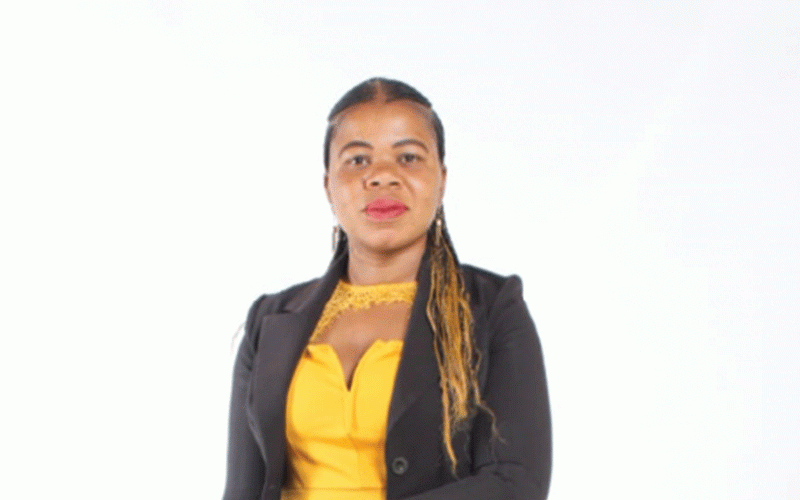
THE Southern Africa People Solidarity Network (SAPSN) has called on the Southern Africa Development Committee (Sadc) to urgently address barriers to economic growth that have hindered the success of the informal sector.
The call comes at a time when there has been an alarming rise in the number of people in the informal sector, with 70% of the population falling under this category.
Zimbabwe, however, recently made efforts to address the challenges faced by the informal sector.
In February, Public Service, Labour and Social Welfare deputy minister Mercy Dinha said government was taking a multi-pronged approach to formalise the informal sector and address the challenges faced by its workforce.
In a communiqué addressed to the Sadc Heads of State and Government, SAPSN said increased economic inequalities and poverty within the region were major barriers to economic growth, justice and regional development.
“We urge the Sadc Heads of State and Government [summit] to prioritise and significantly invest in social services, aligning with agreed regional and international protocols and conventions,” the communiqué read.
“They should establish a regional gender-sensitive urban design manual for the informal economy and this will guide planning for inclusive markets, particularly for people with disabilities, youth and women traders within the Sadc region.”
The regional body further called for mechanisms to extend social protection to workers in the informal sector.
- Support informal sector, Sadc urged
Keep Reading
“We urge Sadc heads of State and the government to create one-stop border posts across the region to streamline and expedite the free movement of goods and people and fully implement the simplified tariff regimes,” SAPSN said.
It reiterated the need to take action to address the challenges of investment and trade with the European Union (EU) in the broader context of the evolving global economy and geopolitical situation.
“There is a need for the regional bloc to take ownership of funding its development agenda to reduce reliance on debt and aid.
“To unite and negotiate with the EU as a common bloc, guided by the Sadc Trade Protocol, especially on EU Economic Partnership Agreements,” SAPSN said.
“We also call upon Sadc leaders to protect local food producers from agricultural liberalisation policies which potentially open local food markets to unjust competition from heavily subsidised European farmers.”











